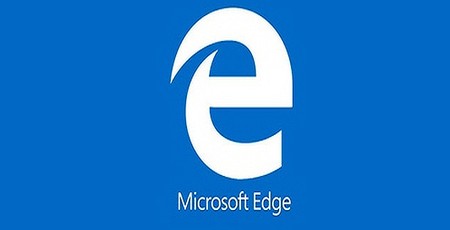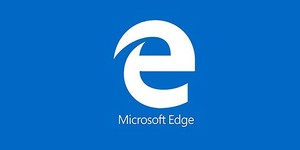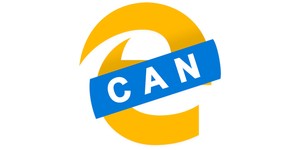Microsoft to ditch Edge for Chromium-based replacement
December 7, 2018 | 10:16
Companies: #google #microsoft

Microsoft has confirmed ongoing rumours surrounding the future of its Edge browser, and it's a milestone for the company: It's ditching its in-house engines in favour of adopting the open-source Chromium as its base.
Edge Launched as a replacement for Internet Explorer with Windows 10, but it wasn't exactly a smooth ride for the company: Its private browsing mode was found to track users regardless, while its extension support launched late and never grew to match the variety of its competitors' ecosystems. Microsoft kept at it, though, adding features like Application Guard and Android and iOS ports while proclaiming it to be the best choice for battery-powered machines.
Now, though, Microsoft has confirmed a week's worth of rumours with the announcement that Edge as we know it is effectively dead, to be replaced by a browser built on Google's open-source Chromium project - just like its biggest competitor, Chrome.
'Over the next year or so, we’ll be making a technology change that happens "under the hood" for Microsoft Edge, gradually over time, and developed in the open so those of you who are interested can follow along,' explains Microsoft's Joe Belfiore in the announcement. 'The key aspects of this evolution in direction are: We will move to a Chromium-compatible web platform for Microsoft Edge on the desktop; Microsoft Edge will now be delivered and updated for all supported versions of Windows and on a more frequent cadence; we will contribute web platform enhancements to make Chromium-based browsers better on Windows devices.'
The company has confirmed that members of the Microsoft Edge Insider programme will be the first to receive preview builds, with the first to arrive in early 2019, but has not yet given a timescale for general release. As for why the shift has come about, especially given Microsoft's traditional reluctance to offer anything but an in-house browser engine, Belfiore claimed that the move will allow the company 'to create better web compatibility for our customers and less fragmentation of the web for all web developers' - not issues Microsoft has ever appeared to consider in the past.

MSI MPG Velox 100R Chassis Review
October 14 2021 | 15:04








Want to comment? Please log in.